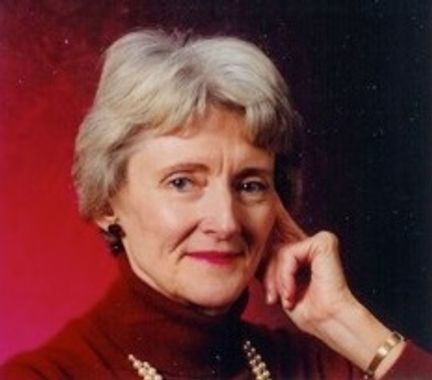Mary Allen Wilkes is a lawyer and former computer programmer and logic designer. Wilkes was also better known for her work with the LINC computer. Her work with LINC is now recognized as the world’s first “personal computer.” I’d like to recognize her as the first person to “telecommute”.
Wilkes attended Wellesley College with dreams of pursuing a law degree, she majored in philosophy and theology; she graduated in 1959. She put her dreams to become a lawyer on hold after feeling discouraged by friends and mentors due to the challenges women faced in the field. Instead, she went on to work as one of the first computer programmers for a few years before finally pursuing law and becoming a lawyer.
From 1959 to 1960, she started her career at MIT’s Lincoln Laboratory in Lexington, Massachusetts. Here she worked under Oliver Selfridge and Benjamin Gold on the Speech Recognition Project on programming the IBM 704 and the IBM 709. In June 1961, Wilkes joined the Digital Computer Group, also at Lincoln Laboratory, where she started working on the LINC design under Wesley A. Clark. During her time at the Digital Computer Group, she simulated the operation of the LINC during its design phase on the TX-2, she also designed the console for the prototype LINC and wrote the operator manual for the final design.
The LINC group decided to leave the Lincoln Laboratory and relocate to the Center for Computer Technology Biomedical Sciences at MIT in Cambridge, MA in Jan 1963. During the summer of 1963, Wilkes taught participants of the LINC Evaluation Program which was sponsored by the National Institute of Health. All while being a co-author to the LINC’s programming manual, Programming the LINC with Clark.
Wilkes spent some time exploring the world in 1964, during which time the core group from the LINC development team expanded yet again, this time at Washington University in St. Louis. She rejoined the group in late 1964, but she didn’t relocate to St. Louis with the rest of them. Instead, she lived and worked from her parents’ home in Baltimore, where she worked on the LINC provided by the Computer Systems Laboratory. Here is where was considered the first user of a “personal computer”. Would she also be considered the first person to “work from home”?By 1965, the LINC team doubled the size of the memory to 2048 12-bit words. This allowed Mary to work on LINC to develop a more enlightened operating system, LAP6, a scroll editing technique that also provided the user the ability to prepare, edit and manipulate documents in real-time. The LINC tapes performed a function of the scroll and allowed interactive filling capabilities for documents and programs. LAP6 users could incorporate their own programs, as well as share programs with the small LINC tapes around it, allowing an early “open source” capability.
We often hear “don’t stop chasing your dreams.” This is exactly what Mary did, she continued to chase her dreams after leaving the computer field in 1972. She attended Harvard Law School where she practiced as a trial lawyer in private practice and as a head of the Economic Crime and Consumer Protection Division of the Middlesex County District Attorney’s Office in Massachusetts. From 1983-2011 she spent time teaching at Harvard Law; finding herself back in the tech world in 2001 when she became an arbitrator for the American Arbitration Association, working essentially on cases that involved computer science and information technology.


